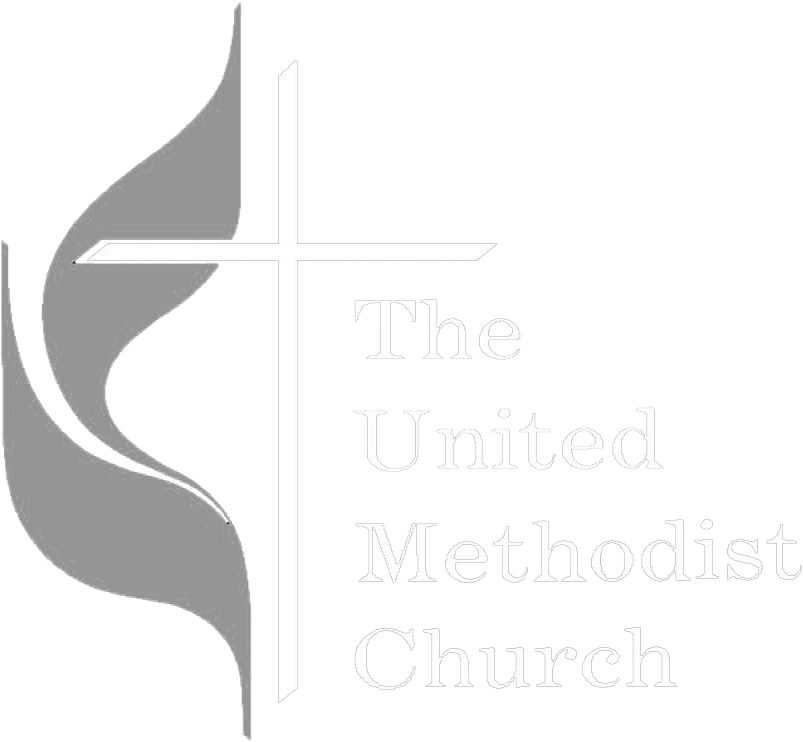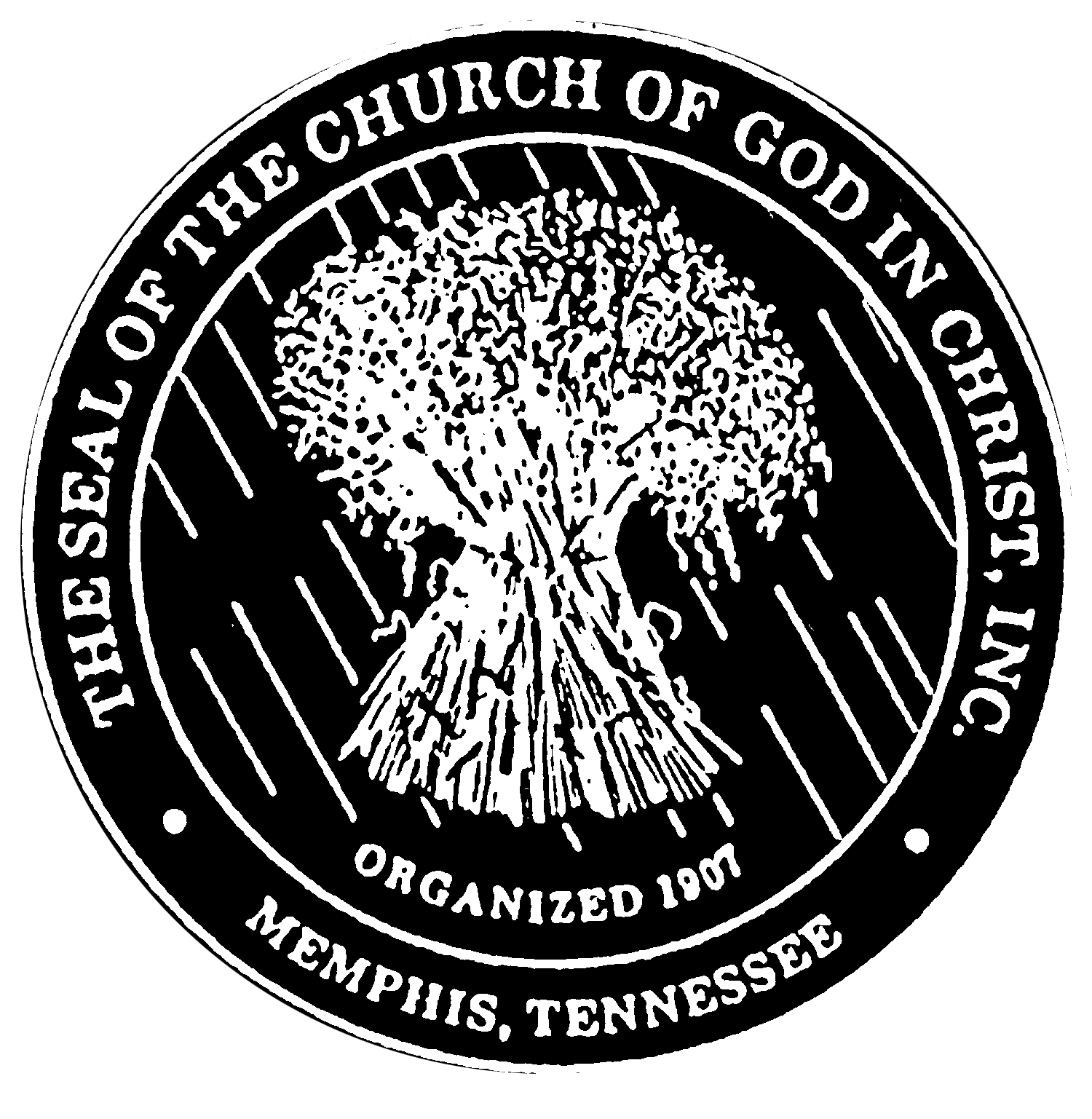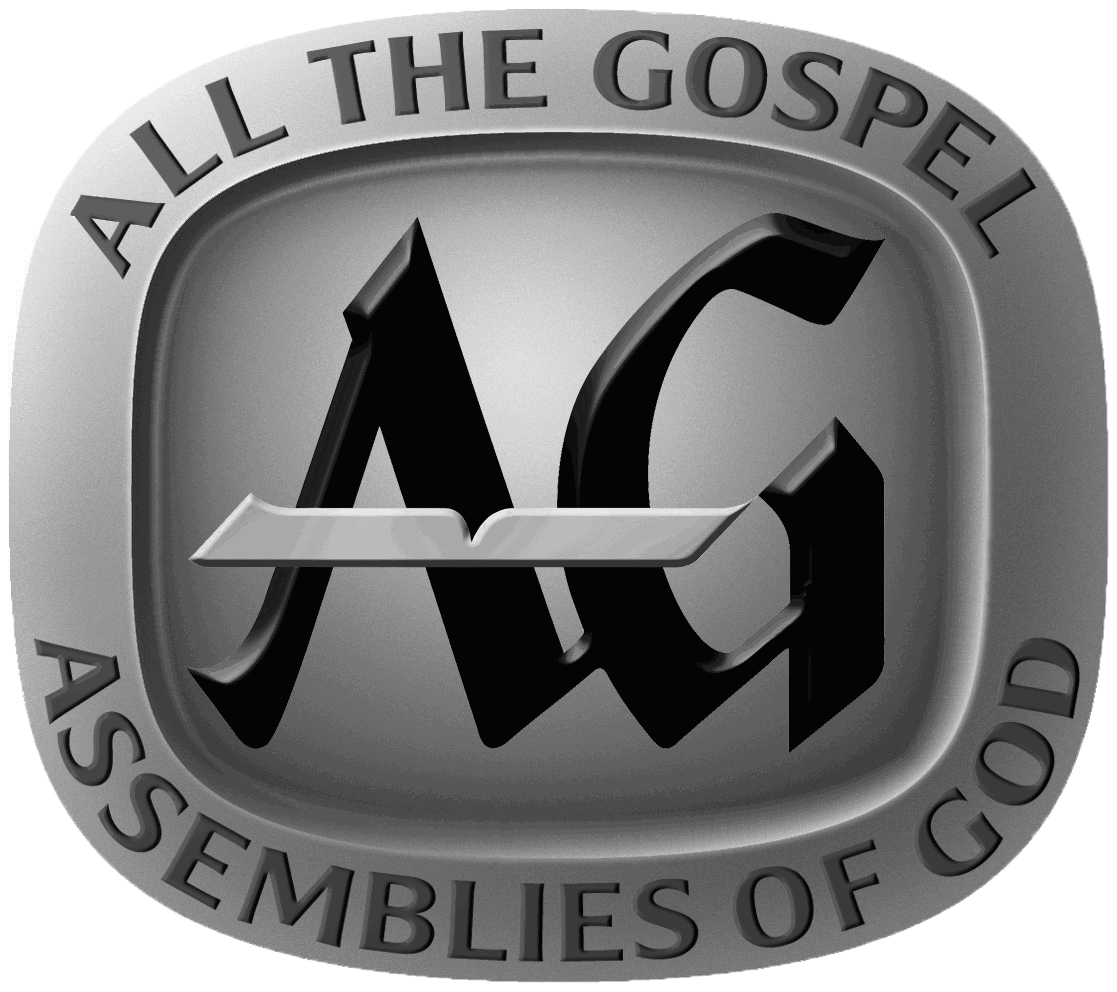According to God’s Riches In Glory: Philippians Series #10

These final words of Paul, to his beloved Philippian church, form a thank you to them for the gift that they had sent to him. The church at Philippi was greatly loved by the Apostle Paul. I think it is possible to build a case that this was his favorite church of all the churches he established.
 In Philippians 1:3, Paul said, “I thank my God upon every remembrance of you.” They were a source of constant gratitude and thanksgiving. Then, in chapter 4:1, he says “My brethren dearly beloved and longed for, my joy and crown.” The Apostle Paul is writing to this favorite church, this greatly loved people of God that he had been able to establish. He is thanking them for the gracious gift which they have sent to him.
In Philippians 1:3, Paul said, “I thank my God upon every remembrance of you.” They were a source of constant gratitude and thanksgiving. Then, in chapter 4:1, he says “My brethren dearly beloved and longed for, my joy and crown.” The Apostle Paul is writing to this favorite church, this greatly loved people of God that he had been able to establish. He is thanking them for the gracious gift which they have sent to him.
It is important that we learn the grace of gratitude. We must learn to say thank you and express gratitude. I would encourage you to learn to say, “Thank you” when someone does something for you. It wouldn’t hurt to drop a little note in the mail and say, “Thank you,” for what people do.
These final words are really kind of a “thank you” for the gift that the believers of Philippi had sent to the Apostle Paul. But it is also kind of like a receipt.
In 4:18, he says, “But I have all, and abound.” The phrase used there was one used in business transactions. It was kind of like a receipt. “I have all.” Paul is saying, “I am receipting unto you. I am responding to you in terms of giving you a receipt for what you have given.” He is learning to be businesslike in his dealings. He realizes that they have given to the future of his ministry.
He would probably never again be in Philippi. He says, “You have given to my future ministry and I am sending you this receipt.” They were in the business of getting the Gospel out together. He says to them concerning giving and receiving in verse 15, “Here is my receipt.”
Another amazing truth is that in these verses we learn how God will meet the needs of our life. Isn’t it wonderful to know that God meets the needs of your life? God has met our needs, hasn’t He, and God will continue to meet our needs. All of us have a bundle of needs, and God wants to meet them.
Jesus said one time, “Your Father knows that you have need of these things.” God knows what your needs are and God is the great provider of our needs.
I. We Need To Invest In The Beauty of Giving
 Paul says that the church of Philippi had done well, talking about that gift. He’s saying that they have done a beautiful thing. The Bible teaches us the beauty of giving. In fact, Jesus said, “Freely ye have received, freely give” (Mathew 10:8).
Paul says that the church of Philippi had done well, talking about that gift. He’s saying that they have done a beautiful thing. The Bible teaches us the beauty of giving. In fact, Jesus said, “Freely ye have received, freely give” (Mathew 10:8).
Then, in Acts 20:35, Paul, quoting the words of the Lord Jesus, says, “It is more blessed to give than to receive.” What a beautiful picture.
The Apostle Paul had ministered in Philippi. He had won people to faith in the Lord Jesus Christ. He has now gone forward in his journey. From time to time, these people had sent gifts to Paul. It is a beautiful thing, the beauty of giving. Let me share with you, from these verses, why Paul says that it is such a beautiful thing to be a giver.
A. Blesses Others
The first benefit of being a giver is that it blesses others. Their gift was a blessing to Paul. Because of their faithfulness in their giving, it supplied needs for him and made it possible for him to get the gospel out and tell other people about the Lord Jesus Christ. Paul is not saying that he needs the gift. In fact, he says in verse 18, “But I have all, and abound.” He’s saying that you have given, and it has met needs. Paul is saying here that it is God’s way of supplying needs.
God’s way of meeting needs in people’s lives is using other people. God uses you to be a blessing to someone else. God uses your gift to encourage someone else and to meet needs in the lives of other people. What a blessing their gift was to Paul. Paul says, “When I departed from Macedonia,” that’s where Philippi was, “no church communicated with me as concerning giving and receiving, but you only” (Philippians 4:15).
There is a note of sadness here, but also a note of gladness. Think about all of the other churches Paul had established. Yet, Paul says, “None of those have communicated with me.” There is a note of sadness there. Then, there is a note of gladness. He says, “But you only.” He is so glad for their generosity and glad for their giving.
It reminds me that there are two kinds of churches, and there are two kinds of Christians. A church or a Christian is either like a cistern or a spring. A cistern just takes in water. It just holds water; it has no outlet. A spring gives out water.
There are some churches in the world that are just cisterns. All they are interested in is doing what they want to do locally. The same thing is true about Christians. Some Christians are only interested in receiving. What do I get out of it? How will this help me? How does this benefit me?
On the other hand, some Christians are like a spring, constantly giving, and constantly sharing with other people. The first beauty of giving is that it blesses others.
B. Enriches Us
 I want you to notice something else. It’s so beautiful the way Paul describes this. It also enriches us when we give. He says in verse 17, “Not because I desire a gift.” The point is not that I get something. He says, “But I desire fruit that may abound to your account.” Paul is saying, “I want you to be enriched. I want you to be blessed because of your giving. I want you to get something out of it.”
I want you to notice something else. It’s so beautiful the way Paul describes this. It also enriches us when we give. He says in verse 17, “Not because I desire a gift.” The point is not that I get something. He says, “But I desire fruit that may abound to your account.” Paul is saying, “I want you to be enriched. I want you to be blessed because of your giving. I want you to get something out of it.”
Paul is interested in the welfare and spiritual growth of the people of God in Philippi. He knows that they will be blessed because they give. They will be enriched. It does bless you. God blesses us when we give down here. When we learn to be a giver, we become a blessing and we get a blessing down here.
Not only does it enrich you on earth, but it enriches you in heaven. Jesus said, “Lay not up for yourselves treasures on the earth. Lay up for yourselves treasures in heaven.” It enriches us in heaven.
Someone may ask, “When a man dies, how much does he leave?” He leaves it all. It is possible to translate material things down here into the coinage of heaven. You can be rich in heaven. You can send it ahead.
The story is told about a preacher who visited a wealthy rancher and took him out to his ranch. He said, “Preacher, as far as you can see, I own it.” The man said, “Do you see over there? As far as your eyes can see, I own everything over there. Do you see in front of you? As far as you can see, I own everything there. Do you see everything behind you? As far as you can see behind you, I own everything there.”
The preacher said, “That’s wonderful, but, my friend, how much do you own up there?” How much do you own up there? How much have you put into the work of the Lord? How rich are you in heaven?
C. Pleases God
The beauty of giving is that it blesses others. It enriches us. It also pleases God. He says in 4:18, “Having received of Epaphroditus the things which were sent from you.” He’s talking about the gift. Then look at what he says about that gift. He says, “An odor of a sweet smell, a sacrifice acceptable, well-pleasing to God.”
One of the ways to really understand the message of the Bible is to see the beautiful pictures in the Bible. Picture in your mind what Paul is painting here. He is taking us back to Old Testament terminology. In those days, there would be a priest. That priest would take sacrifices and put those sacrifices on the altar and then would put fragrance on those burning sacrifices. There would be a sweet fragrance that would go up from those sacrifices.
Some of the sacrifices pictured the sin offering that Jesus would offer on Calvary’s cross. As the sweet fragrance would go up, the picture was that God would smell the fragrance. It was just a picture, but it meant that it was pleasing. It was acceptable to God.
Do you see how Paul has lifted the whole matter of giving to another level? He is saying now that when we give, we become like a priest, that we make our offerings, and our offerings are like a priest putting a sacrifice on the altar and that gift goes up like a sweet fragrance and it is pleasing to the Lord.
The Bible says that every believer is a priest. We know, according to the Bible, that every born-again child of God is a priest. Whatever your name is, you are a priest. In I Peter 2:5, we read, “You also, as lively stones, are built up a spiritual house, and holy priesthood.” You are a holy priesthood. “To offer up spiritual sacrifices, acceptable to God by Jesus Christ.” When we offer these sacrifices, the Bible says that God is pleased.
1. Our Walk In Life
Here are some of the sacrifices we can offer. For instance, in Romans 12:1, it says, “I beseech you therefore, brethren, by the mercies of God, that ye present your bodies a living sacrifice, holy acceptable unto God, which is your reasonable service.” You offer up your very life as a sacrifice. That is total commitment to the Lord.
2. Our Worship To The Lord
In Hebrews 13:15, is another sacrifice you can offer. “By him, therefore, let us offer the sacrifice of praise to God continually, that is, the fruit of our lips giving thanks to his name.” When you praise the Lord you are offering a sacrifice unto the Lord. When you sing these great hymns of praise you are offering the fruit of your lips as a sacrifice unto the Lord.
3. Our Winning Of The Lost
In Romans 15:16, we read, “That I should be the minister of Jesus Christ to the Gentiles, ministering the gospel of God, that the offering up of the Gentiles might be acceptable, being sanctified by the Holy Spirit.” When you win a soul to Christ, it is like an offering to the Lord and pleases Him.
II. We Need To Be Inspired By The Bounty of God
 In Philippians 4:19, is one of the most wonderful promises in the Bible. You’ve got to keep this promise in context. Notice that verse 19 begins with the connecting conjunction “but.” He says, “But my God.”
In Philippians 4:19, is one of the most wonderful promises in the Bible. You’ve got to keep this promise in context. Notice that verse 19 begins with the connecting conjunction “but.” He says, “But my God.”
The verses we have just studied talked about our giving, our sharing to meet the needs of other people. Paul is saying, in context, “Since you were being used of God to meet the needs of others, then God will meet your needs.” You can’t claim the promise of verse 19 until you live the beauty of giving in the previous verses.
“My God shall supply all your need.” What a wonderful promise. Let me break that promise down and show you the elements of the promise.
A. The Source Of Our Supply
Let’s look at how this verse starts. “My God shall supply all your needs.” What a supply! He’s saying that the God of this universe, the eternal, immortal, awesome, wonderful, majestic God is the one who will supply your needs. We have a marvelous source of supply. Here is a fountain that will never run dry. Here is a warehouse that will never go empty. You can bring your little cup of need to this great ocean of supply and God says that He will supply all your needs. That means that the God who supplies your needs is a God who never runs out. “My God shall supply all your need according to his riches in glory.” My glory shall gloriously supply your need. The word “supply” means to fill to the full. God will fill you to the full of your need. Did you know that God has a bank in heaven that never runs out?
We have a God who has a royal bank in heaven. It has an unlimited supply. There are eternal deposits up there, and you can draw on those deposits and there will never be a depression or recession in heaven. Isn’t that good news?
You may ask, “Can you name some of the accounts?” Yes. God is rich. I love the Gospel hymn, “My father is rich in houses and lands. He holds the wealth of the world in His hand. But I’ve been adopted. My name’s written down, an heir to a mansion, a robe and a crown.” We’ve got a bank in glory.
1. Rich in Goodness
I’ll give you some verses of the accounts of the bank in heaven. In Romans 2, verse 4, it says, “Or you despise the riches of his goodness?” God’s got a special section of the riches of His goodness in heaven. Do you need some goodness? God said, “I’m rich in goodness.” God’s bank of heaven is rich in goodness.
2. Rich In Grace
Maybe you need something else in addition to goodness. In Ephesians 1:7, we find, “In whom we have redemption through his blood, the forgiveness of sins, according to the riches of his grace.” Do you need grace? God said, “I’m rich in grace.” He’s got plenty. You can never drain it dry.
3. Rich In Glory
Think about this one. Maybe you need something else. In Ephesians 1:18, it says, “The eyes of your understanding being enlightened; that ye may know what is the hope of his calling, and what the riches of the glory of his inheritance in the saints.” Do you need glory? God says, “I’ve got a bank full of glory. What a supply! God is the source of your supply.
Did you notice the personal pronoun here? It says, “But my God.” That’s the key. Is He your God?
I love Psalm 23. “The Lord is my shepherd; I shall not want.” One time a little girl misquoted this verse by saying, “The Lord is my shepherd; that’s all I want.” She didn’t misquote it really, because if you’ve got the Lord, if He is your shepherd, if He is your God, then that’s all you need. “My God shall supply all your need.” That’s the source of your supply.
B. The Scope Of Our Supply
 However, this promise is still rich. He is not only the source of our need, but look at the scope of our supply. “My God shall supply all your need.” Is that what he said or did it say, “I’ll supply just a few of your needs?” Did God say, “I’ll supply just a part of your needs?” Did God say, “I’ll supply most of your needs?” What did he say? “My God shall supply all your need.”
However, this promise is still rich. He is not only the source of our need, but look at the scope of our supply. “My God shall supply all your need.” Is that what he said or did it say, “I’ll supply just a few of your needs?” Did God say, “I’ll supply just a part of your needs?” Did God say, “I’ll supply most of your needs?” What did he say? “My God shall supply all your need.”
Notice that Paul didn’t say, “All your greed.” Sometimes we get an idea that God’s kind of like a cosmic bellboy and all we have to do is just ring and He just comes running to do whatever we want Him to do. It says, “But my God shall supply all your need,” not all your greed.
Sometimes people want to use the Bible like a glorified Wish Catalog. When I was much younger, Sears had a large catalog, also J. C. Penny. Next to the Bible, these catalogs were the biggest books in our house. You would look at the “wish” books. Many people think that the Bible is just like the Sears and Penny catalogs. No. God is not going to supply all your greed. God says, “I will supply all your need.”
1. Our Material Needs
What does this promise include? God will supply all your material need. The Lord Jesus said, “The Father knows that you have need of all these things.” Do you need a job? God says, “I can supply your need.” Do you need clothes? God says, “I can supply your need.”
God took care of the children of Israel for 40 years in the wilderness. They estimate that there were two and a half million of them and God took care of them for 40 years. The Bible says that one of the ways he did it was so that their shoes never wore out. They never had to buy a pair of shoes.
Some dear lady would go to her husband in the wilderness and say, “I would like to have a new pair of shoes.” He would say, “Your pair of shoes looks brand new to me.” That would never happen today! One pair of shoes for 40 years, for a woman? Let’s get real.
“My God shall supply all your need,” your material needs. God will meet your needs. God will take care of you!
2. Our Emotional Needs
He will also take care of your emotional needs. We not only have material needs but we are a bundle of emotional needs. Have you ever thought about the things we need emotionally?
You may need peace. You are troubled in your heart and need peace. Jesus said in John 14:27, “Peace I leave with you, my peace I give unto you; not as the world giveth, give I unto you. Let not your heart be troubled, neither let it be afraid.” God can supply your need for peace.
Maybe you have a broken heart. You need somebody to mend that broken heart. God says in Psalm 147:3, “He heals the broken in heart, and binds up their wounds.” My God will supply all of your emotional needs.
3. Our Spiritual Needs
God will supply all of your spiritual needs. Maybe you need forgiveness of sin. The Bible says that we have redemption through His blood, the forgiveness of sins. He’ll supply your need for forgiveness.
Or you may need rest in your soul. Jesus said, “Come unto me all you that labor and are heavy laden and I will give you rest.” He can meet your spiritual needs. What a promise!
4. Our Physical Needs
Our Lord is concerned for our physical needs. While Jesus was on earth, He healed all sicknesses and diseases. There is no record that He healed only some of them; but He healed all of them. I realize there are mysteries in the miracles, but our Lord specializes in healing the sick.
We read in Hebrews 4:14, “Therefore, since we have a great high priest who has passed through the heavens, Jesus the Son of God, let hold fast our confession. For we do not have a high priest who cannot sympathize with our weaknesses, but One who has been tempted in all things as we are, yet without sin. Therefore let us draw near with confidence to the throne of grace, so that we may receive mercy and find grace to help in the time of need.”
We should boldly walk into the Holy of Holies and bring our needs to the Lord.
C. The Standard Of Our Supply
 He is the source of my supply, “My God.” Then, there is the scope of our supply, “All your need.” Then, notice the standard of your supply.
He is the source of my supply, “My God.” Then, there is the scope of our supply, “All your need.” Then, notice the standard of your supply.
What is the standard by which God meets our needs? He says, “But my God shall supply all your need according to his riches in glory by Christ Jesus.” “According to.” The Bible is very careful about the prepositions it uses. He didn’t say, “My God shall supply all your need out of His riches in glory.” You ask, “Why the difference, between out of and according to?” Here’s why.
Suppose you visited with Elon Musk, the Founder of Tesla. He is now the richest man in the world. Suppose you go to Mr. Musk and say, “Mr. Musk, I have a need here and I wonder if you would be willing to write me a check.”
Mr. Musk says, “Sure, I’ll be happy to write you a check. I’ve got unlimited money. Here’s a check for five dollars.” What has Mr. Musk done? He has written you a check out of his riches, five dollars out of his riches.
But suppose you went to Elon and told him your need and he says, “Here’s a blank check. Just fill in whatever you need.” That wouldn’t be out of his riches. That would be according to his riches.
That’s what God says in this verse. “My God shall supply all your need according to, on the basis of his riches in glory by Christ Jesus.” What do you need? Claim it.
A man and his wife were in destitute circumstances. They didn’t know how they were going to make it. Then, one day, mysteriously, a check appeared that would cover all of their needs. The man said to his wife, “Look at this check. It will take care of all of our needs. Let’s put it in a frame and put it up on the wall. Let’s write songs about it and let’s sing about this wonderful check. Let’s preach sermons about it. Let’s tell stories about it.”
You would say, “James, that would be foolish.” Exactly. What you have to do with a check that meets your needs is cash it. God is saying here, “Cash this promise. Claim this promise.” If you are faithful in your giving, you can ask God to supply all your needs according to His riches in glory!
III. We Need Interest In The Benediction of Grace
 In Philippines 4:20-23, Paul closes the book like he began with grace. “The grace of our Lord Jesus Christ be with you all. Amen.”
In Philippines 4:20-23, Paul closes the book like he began with grace. “The grace of our Lord Jesus Christ be with you all. Amen.”
A. Emancipating Grace
He talks about this grace and how it has enabled them and emancipated them. These people were slaves. Many of them were kind of like a White House staff, working in the palaces of the Caesars. Many of them were chained and shackled by sin. However, the message of grace came to their lives and the shackles were broken and they were set free. Every saint has a past and every sinner has a future.
B. Ennobling Grace
It is also ennobling grace. He says in verse 22, “All the saints.” They were slaves, and yet through the grace of God, they were elevated to sainthood. God’s grace takes you and elevates you. If you are a child of God, you are somebody. I saw a bumper sticker one day that said, “I must be somebody because God don’t make no junk.” You are somebody!
C. Enabling Grace
Not only emancipating grace and ennobling grace, but enabling grace. “The grace of our Lord Jesus Christ be with you all.” That means that God’s grace that saved you will be God’s grace that sustains you.
You may say, “James, I would like to get in on all of this.” If you do, you must start where this book starts. In Philippians 1:1 we read, “Paul and Timothy, the servants of Jesus Christ, to all the saints in Christ Jesus.” You’ve got to come to Christ. You’ve got to get “in” Christ Jesus. When you are in Christ Jesus, you have access to all of these wonderful truths that God has made available for you. If you do not know Christ, then make Him Lord of your life today. If you do know Him, then recognize that you are “in” Christ and begin believing and living in His promises.



























